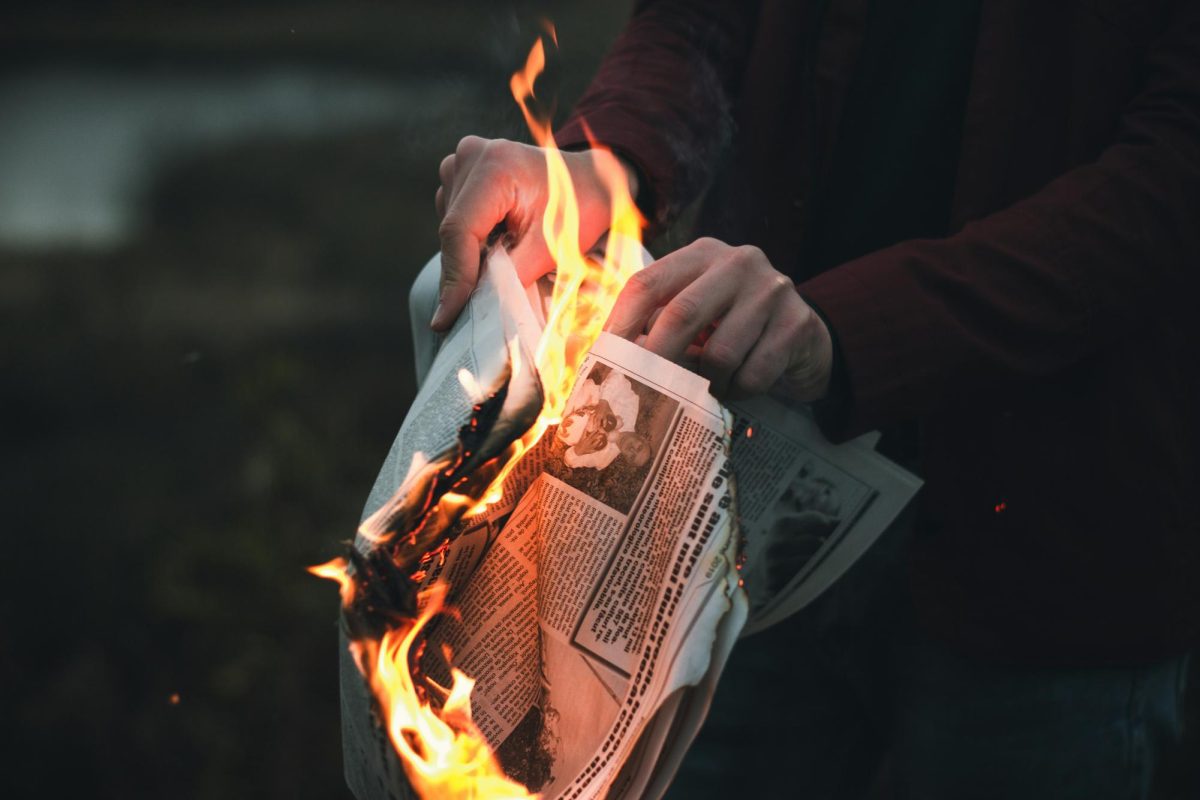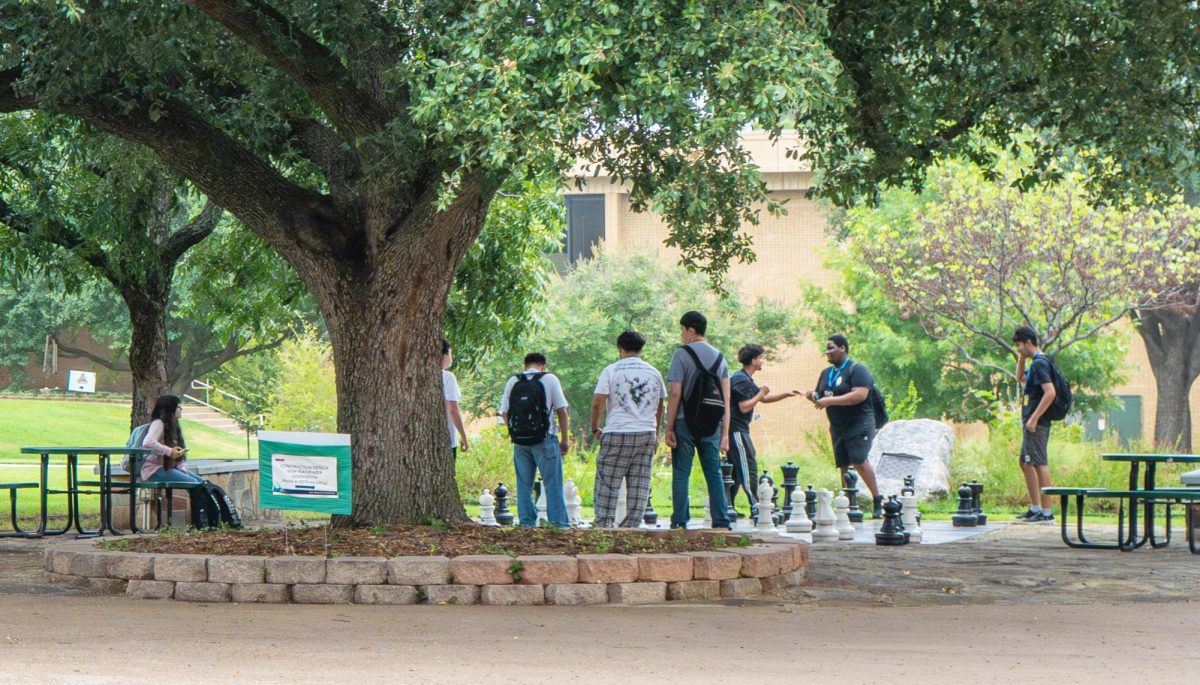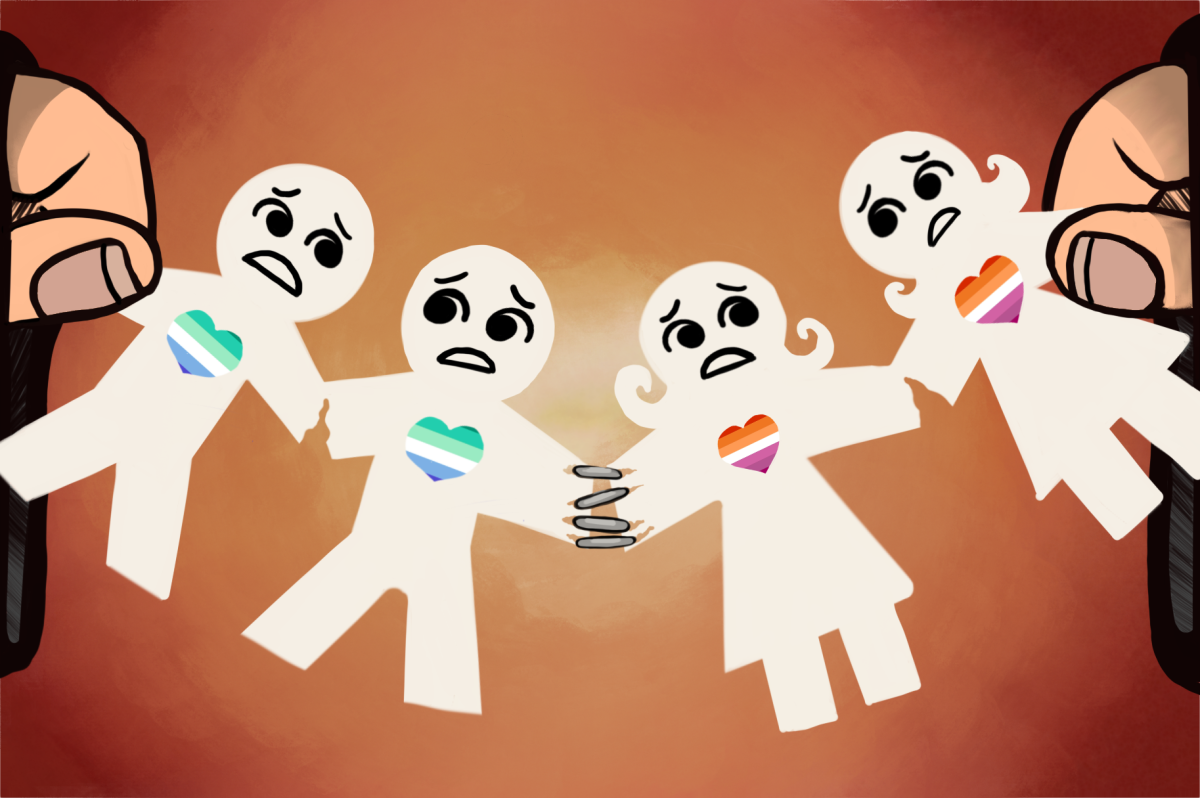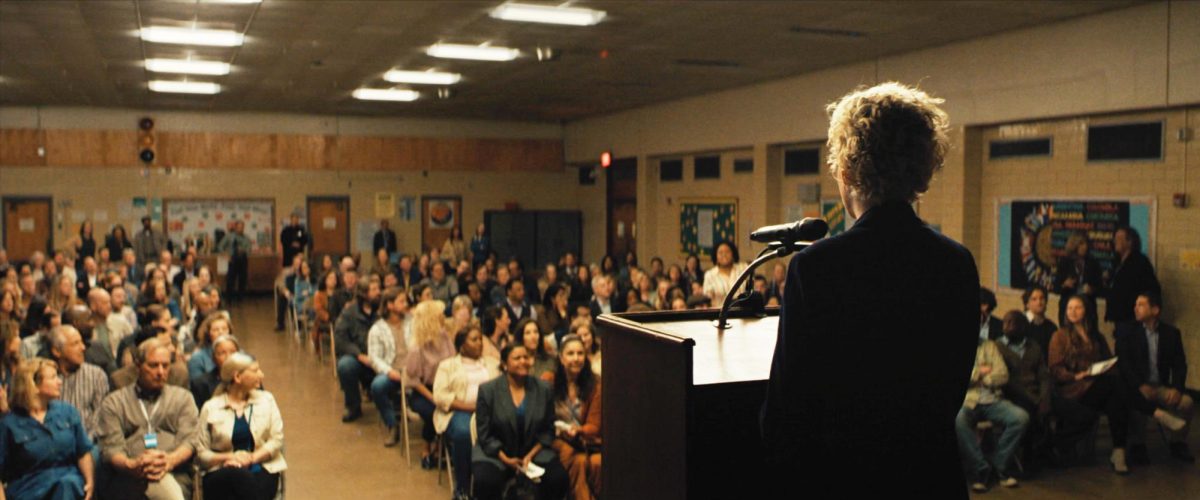The freedom of press is dying alongside thousands of Gaza residents.
A year and a half of continual grief has completely torn Palestine apart. Israel’s blockade of food, electricity and water in Gaza has silenced the voices of journalists as well.
Journalism is being erased slowly, and it is the world leaders and people in power who have been attempting to confiscate the pen from these writers, depriving people of important information.
A news crew residing in tents outside of the hospital Al-Shifa was hit by an Israeli strike Aug. 10. Reporters Anas al-Sharif, Mohammed Qreiqeh and cameramen Ibrahim Zaher and Mohammed Noufal were killed.
The latest deaths bring the number of journalists killed in Gaza since the start of the war in October 2023 to nearly 200, according to the BBC.
War journalism makes the public aware of ongoing conflicts, requiring journalists to place themselves in dangerous situations.
Documenting war has proven to be of great importance in the past, dating back to the Vietnam War, also referred to as the “first television war.”
War journalists tell people around the globe about the injustice present in conflicts and highlight the heinous murders of the innocent, through their reports.
Unveiling the truth about such injustices is an act of bravery.
Al-Sharif had been prominently reporting the war between Israel and Palestine for Al-Jazeera, a Qatari media outlet, since December 2023.
His father was killed. His family was threatened with death. Both were acts of punishment for his choice to speak up amid the silence of others.
Aug.10 was a significant date for me. It was the day I realized even freedom comes with consequences.
The intentional attacks on journalists are evident in their repetition. Just when it seems like they have ended, another occurs.
Again on Aug.25, Israeli forces killed 22 people, five of them being journalists. Among the five was Mariam Dagga, a prominent freelance journalist for the Associated Press.
When the news came across of Dagga’s death, I was horrified. I watched a video of Dagga’s father commemorating her life, where he said her passing was not only a loss for him but a loss for all of Gaza.
I felt his commemoration to my core. I cannot imagine my family members mourning my death simply because I chose to document the destruction of my country.
A wave of shock came over me. I was at a loss for words. How can this ever come about?
The global rage toward the continuing massacre of journalists in Gaza prompted a response from Israeli Prime Minister Benjamin Netanyahu, who described the killings as a “tragic mishap.” The credibility in his reply was difficult for me to find.
The fabrication of the strikes as just an accident was a blatant excuse to killing journalists.
Journalism is powerful. However, Netanyahu’s attempts to murder these messengers is an indication of how he desires to keep the brutality of this war hidden.
The journalists killed in these unfortunate and strategized massacres were attempting to reverse the suffocation of people’s voices.
Peers of these journalists are forced to rationalize their freedom out of fear of meeting the same fate as their co-workers. Chronicling stories of displaced families in their home country is not an option for them anymore.
Without their stories, the world will be out of news, blindfolding people from reality.
I catch myself often wondering what I would do if I were to be in their shoes.
Tiptoeing around the information of my land being in shackles is something I wish no one would have to experience.
































